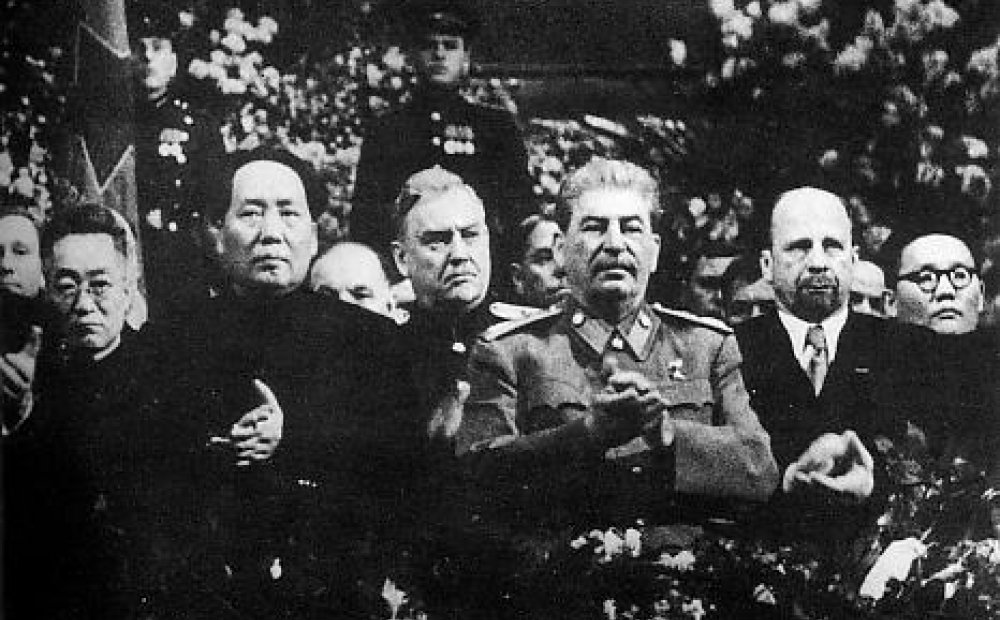Mao, Stalin and the Korean War: Trilateral Communist Relations in the 1950s

Shen Zhihua, former Wilson Center public policy scholar and director of the Center for Cold War International History Studies at East China Normal University will discuss his latest book entitled, “Mao, Stalin and the Korean War: Trilateral Communist Relations in the 1950s” which examines relations between China and the Soviet Union during the 1950s, giving unique insight into the Chinese way thinking about the Korean War.
"Mao, Stalin and the Korean War" represents a revisionist perspective on trilateral Communist alliance relations during the Korean War, which sheds new light on the origins of the Sino-Soviet split and relations between China and North Korea. It covers a broad range of topics and backgrounds, including: Communist China, Stalinist Russia, the Korean War, Cold War Studies and International History in general. Combining information from Soviet-era diplomatic documents with Chinese memoirs, official document collections and scholarly monographs, Shen presents a non-ideological, realpolitik account of the relations, motivations and actions among three Communist actors: Stalin, Mao Zedong and Kim Il-sung.
Joining Shen Zhihua on the panel is Vladislav M. Zubok, Professor of History at Temple University.
Christian Ostermann, director of the Wilson Center’s History and Public Policy Program will chair the event.
Speakers

Director, Center for Cold War International History Studies, East China Normal University (ECNU), Shanghai, China

Professor of Korean Studies and Asia Programs, JHU SAIS; Senior Fellow, Foreign Policy Institute, SAIS

Professor of International History, London School of Economics
Hosted By

Cold War International History Project
The Cold War International History Project supports the full and prompt release of historical materials by governments on all sides of the Cold War. Read more


History and Public Policy Program
A global leader in making key archival records accessible and fostering informed analysis, discussion, and debate on foreign policy, past and present. Read more


Indo-Pacific Program
The Indo-Pacific Program promotes policy debate and intellectual discussions on US interests in the Asia-Pacific as well as political, economic, security, and social issues relating to the world’s most populous and economically dynamic region. Read more


North Korea International Documentation Project
The North Korea International Documentation Project serves as an informational clearinghouse on North Korea for the scholarly and policymaking communities, disseminating documents on the DPRK from its former communist allies that provide valuable insight into the actions and nature of the North Korean state. Read more
